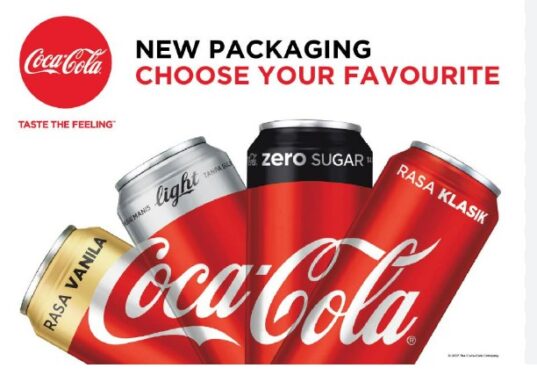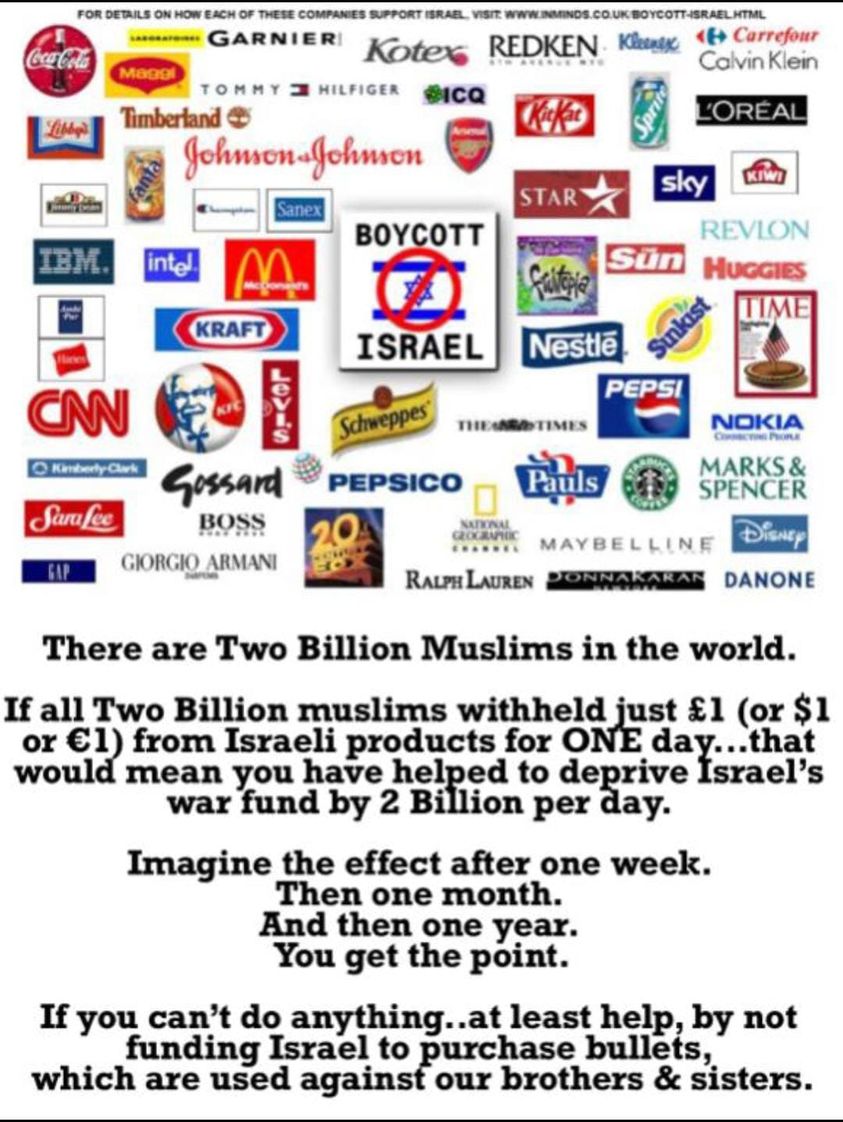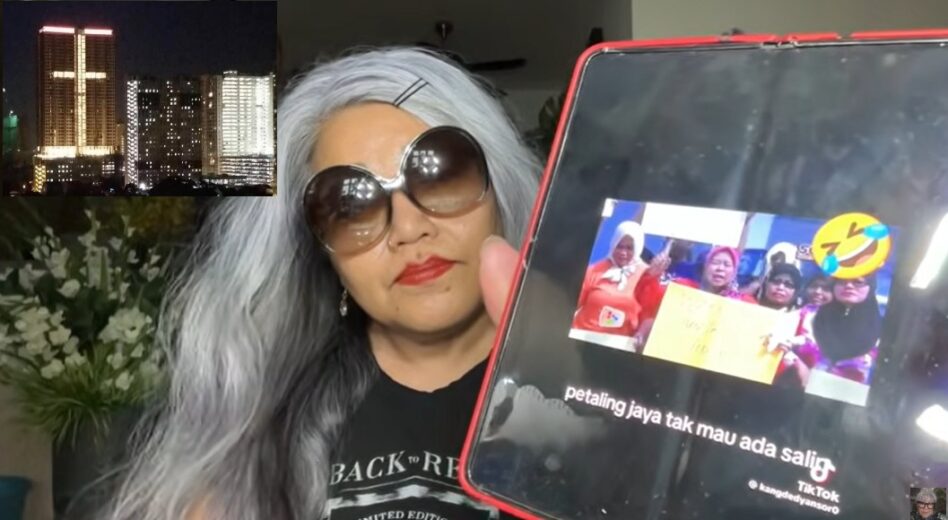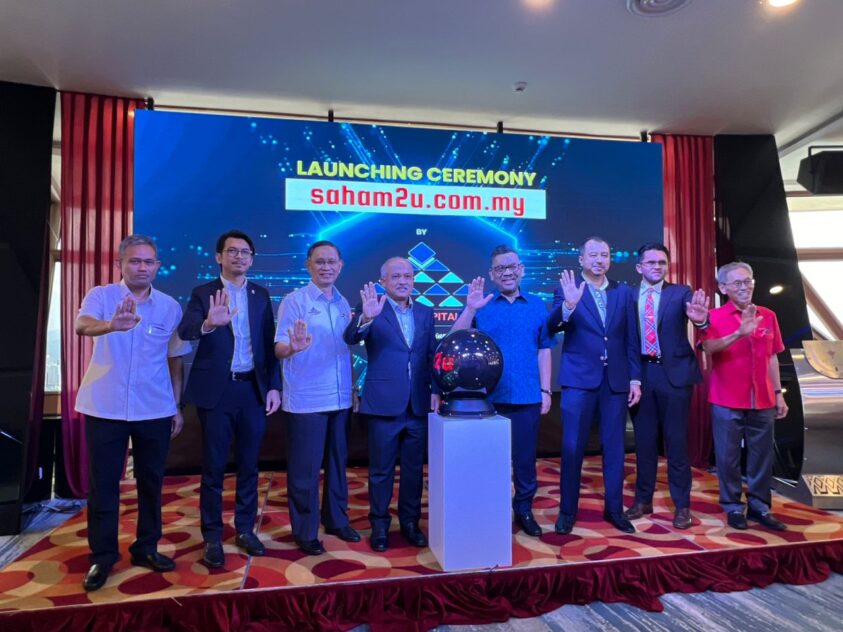WITH the Israel-Palestine conflict showing no signs of abating, there have been rallies, auctions and demonstrations here in faraway Malaysia as citizens show solidarity for the Palestinian cause.
Lately, there have been – again – calls for the public to boycott businesses and products that have allegedly linked to the Jewish state. These lists flying about the social media sphere are long and extensive.
They include many household names such as Coca-Cola, Nestle and IBM with little or no evidence of alleged Zionist links. FnB (food & beverage) franchises such as KFC, McDonald’s and Starbucks have also been apparently named and shamed as pro-Israeli sympathisers.
A recently uploaded photo on X (formerly Twitter) by @adibhazlami shows an empty Starbucks outlet with the netizen asking if the lack of bums on seats at this extremely popular café has been the result of the boycott.
Tak sure la sebab timing ke but this is the first time I saw it as empty as this.
So boycott works? pic.twitter.com/8eE2PdfiVN
— Dibs (@adibhazlami) October 28, 2023
If so, there are a few pertinent questions that need to be raised.
Firstly, what is the end game here? Is it to start a global movement whereby multinational conglomerates are forced to break ties with Israel and make it an international pariah?
If yes, the boycotters better be ready to brace themselves to being without many of their favourite stuff and past times for a very long time. Delete Meta-owned platforms comprising Facebook, Instagram and WhatsApp, anyone (Meta has been accused of showing clear bias towards Israel time and time again)?

Secondly, what will become of the tens of thousands of local employees hired by these companies? Malaysia’s currency is in freefall mode and the economy is not in great shape with foreign investors not enamoured by the current state of affairs.
In 2021, Coca-Cola Malaysia had to release a statement stating that the company takes a neutral stance on religious causes across the world after it was named on one such list, with local netizens demanding for a boycott of the fizzy drink.
The multinational corporation added that it has been selling its products in Palestine since 1998, and that its beverages made in Malaysia are “for Malaysians and by Malaysians”. It noted, too, that Malaysians are the first to be hurt by such boycott campaigns.

Thirdly, why the blinkered focus on Palestine? As has been repeatedly pointed out, the Muslim Rohingyas are facing genocide in Myanmar while news of alleged repression of Muslim Ughyurs in China by the ruling communist party has been rife.
Why no similar call to action over these alleged atrocities? Such selective call to action smacks of propaganda and hypocrisy.
The most likely short-term effect for this boycott call is a negative impact on an already stressed Malaysian economy. If adding increased unemployment, closed businesses and scaring away much-needed foreign investment is the goal, then yes, this boycott call will probably be highly effective. – Oct 31, 2023










